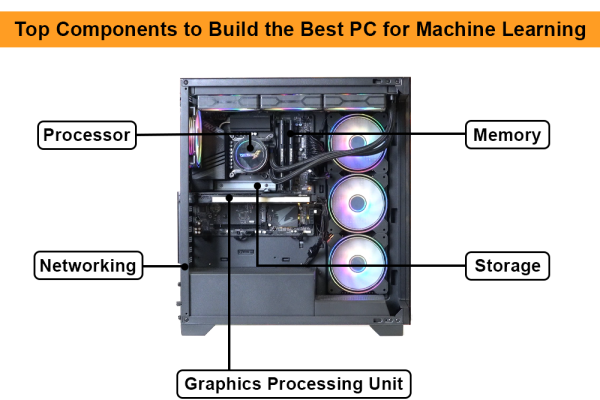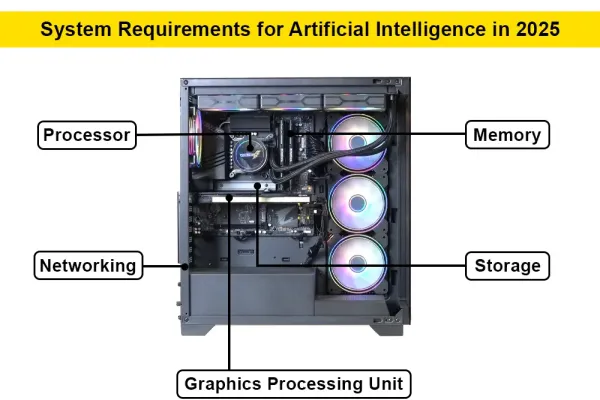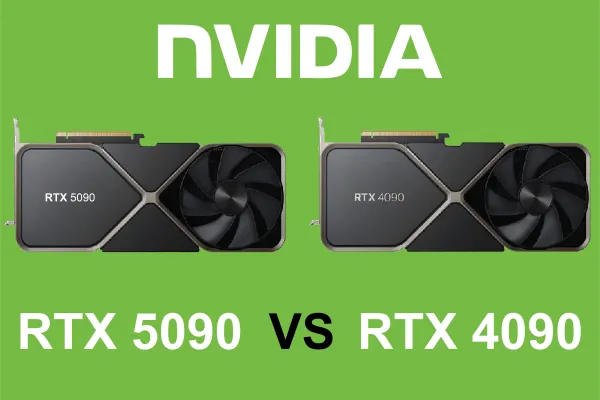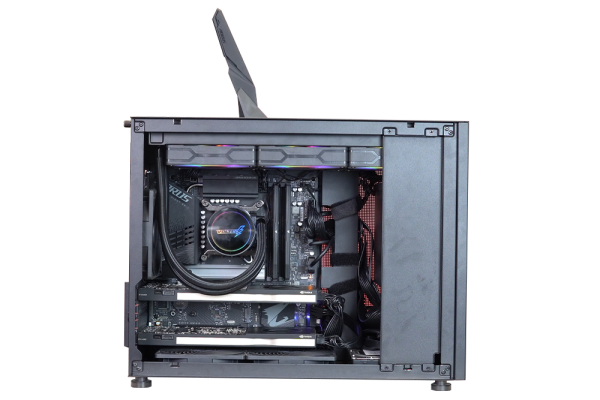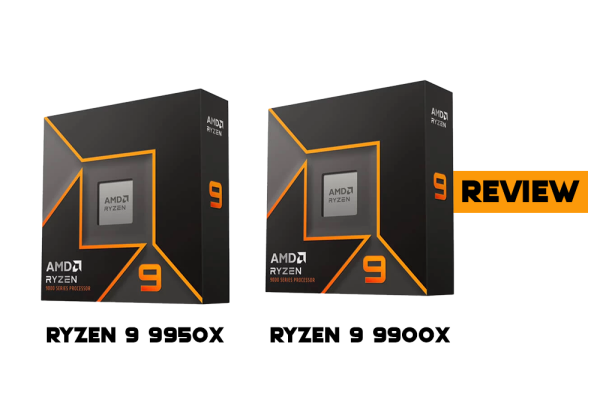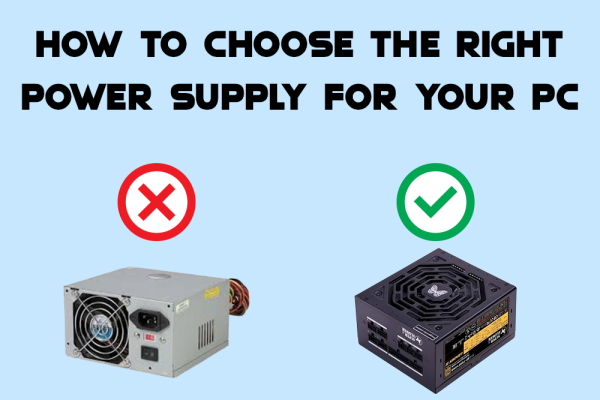
How to Choose the Right Power Supply for Your PC
How to Choose the Right Power Supply for Your PC
Choosing the right power supply for your PC is essential for ensuring reliable performance, system longevity, and efficient energy use. The power supply unit (PSU) is often overlooked, but it’s critical because it powers every component in your computer. Here’s a guide to help you choose the ideal PSU for your setup.
1. Understand the Role of a Power Supply
The PSU converts electricity from your outlet into usable power for your PC’s components. It’s essential to choose one that provides stable power output and has enough capacity to handle your system’s demands.
2. Calculate Your Power Requirements
Start by determining the wattage you need. Calculate the power usage of your components, including the CPU, GPU, motherboard, memory, and storage drives. Online calculators like OuterVision’s Power Supply Calculator can help you estimate your requirements accurately.
- Entry-Level Builds: Usually need 300–450 watts.
- Mid-Range Builds: Often require around 500–650 watts.
- High-End Builds: Gaming or workstation setups may need 700 watts or more.
3. Consider Efficiency Ratings (80 Plus Certifications)
PSUs come with 80 Plus ratings that measure efficiency. The higher the rating, the more efficient the PSU, meaning it wastes less power and generates less heat.
- 80 Plus Bronze: Affordable and efficient for most needs.
- 80 Plus Gold or Platinum: Ideal for mid- to high-end builds, offering greater efficiency and stability.
- 80 Plus Titanium: Expensive but highly efficient for powerful setups.
4. Choose Between Modular, Semi-Modular, and Non-Modular PSUs
Modular PSUs allow you to connect only the cables you need, which helps reduce clutter and improve airflow.
- Modular: Best for enthusiasts, allows complete customization and a cleaner look.
- Semi-Modular: Cables are partially fixed, providing a balance between convenience and cost.
- Non-Modular: All cables are fixed, often the cheapest but harder to organize.
5. Look for Quality Brands and Reviews
Stick with reputable brands like Corsair, Seasonic, EVGA, and Thermaltake. Researching reviews and user experiences will give you insight into reliability and potential issues.
6. Check for Essential Protections
A high-quality PSU includes protections to safeguard against electrical issues.
- Over Voltage Protection (OVP): Guards against too-high voltage.
- Over Power Protection (OPP): Protects if power consumption exceeds limits.
- Short Circuit Protection (SCP): Prevents damage in case of a short.
7. Consider Future Upgrades
If you plan on upgrading your system with additional GPUs or more powerful components, choose a PSU with some headroom beyond your current requirements.
8. Read User Reviews and Professional Recommendations
Once you’ve narrowed down your choices, read user reviews and expert recommendations to ensure you’re making a reliable choice. Websites like Tom's Hardware and PC Part Picker offer in-depth reviews.
Conclusion
Investing in a good PSU is one of the best choices you can make for your PC’s longevity and performance. By understanding your power requirements, selecting the right efficiency, and choosing reputable brands, you’ll ensure your PC has a reliable power source for years to come.
Posted 1 year ago
by Armaan



